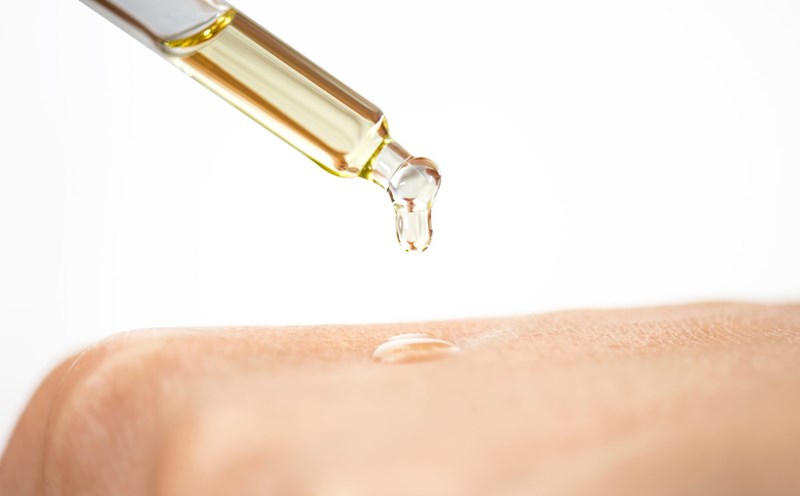Misunderstandings about the absorption mechanism
One of the common mistakes is that users believe that just taking collagen will stretch the skin and strengthen bones and joints. In fact, collagen is a complex protein that when entering the body, it will be broken down into amino acids and not absorbed whole.
There is no evidence that collagen from functional foods will automatically regenerate collagen under the skin or in cartilage, says Dr Mark Moyad, a preventive medicine expert at the University of Michigan. The body breaks them down like any other protein.
For collagen to be truly effective, it needs to be processed into collagen peptides or hydroponic collagen, which means it has been chopped into more easily absorbed amino acid chains. However, not all products meet this standard.
Vitamin C - collagen deficiency is also useless
Another mistake is supplementing collagen alone without paying attention to important accompanying factors, especially vitamin C. Vitamin C plays a "key" role in the synthesis of endogenous collagen.
You can take 10,000mg of collagen per day, but if your body lacks vitamin C, its almost useless, says Dr. Naomi Whittel, author of Glow15 and an aging research expert.
Experts recommend collagen supplementation with foods rich in vitamin C such as oranges, grapefruits, kiwis or taking supplements.
Using the wrong type of collagen for personal needs
Not all collagen is suitable for all purposes. Types I and III collagen are mainly found in the skin and hair; type II is found in cartilage, supporting joints. Many people buy products "according to the trend" without understanding the uses, leading to results that are not as expected.
Dr. Shawn Talbott, an American nutritionist, commented: People who want beautiful skin should choose type I & III collagen from sea fish, while people with osteoarthritis need type II collagen extracted from chicken cartilage.
Abuse - thinking too much is good
In the end, many people think that the more collagen you drink, the better it is. But experts say the average recommended dose is only 2.5-10g/day. Drinking too much does not increase effectiveness but can cause digestive disorders or excess protein.











